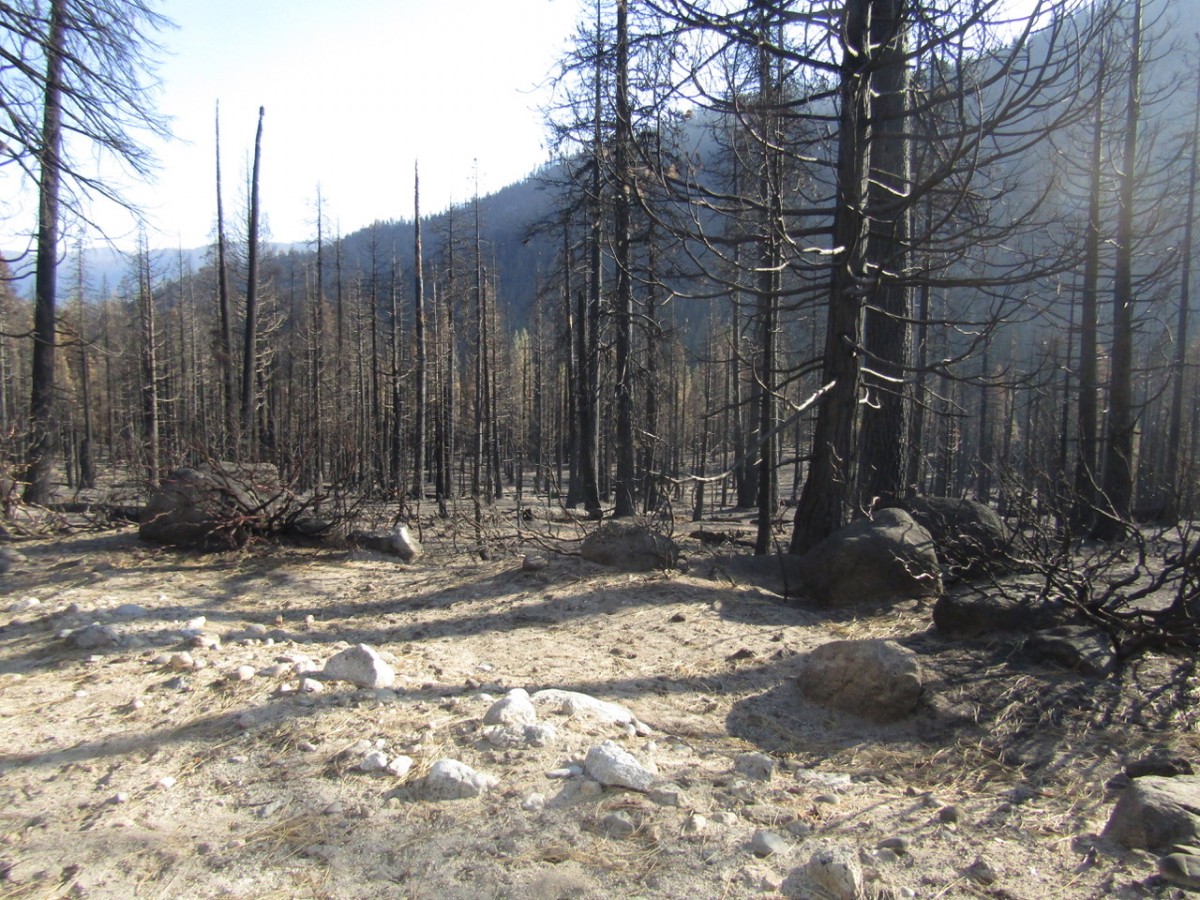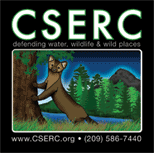
Last summer’s massive Donnell Fire burned for a month across 36,000 acres surrounding the Clark Fork Road and the Highway 108 corridor that leads to the Sonora Pass. Much of the fire burned in inaccessible roadless areas where salvage logging is infeasible.
But even as the fire smoldered last fall, initial salvage logging operations were done to remove trees that posed hazardous risk to those driving along the highway corridor. Since then, salvage logging has been done within the leased cabin tracts where cabin owners need to rebuild or repair cabins that were damaged by the fire. Salvage logging operations have also been allowed in areas where already existing logging contracts were in place due to the McCormick wildfire that burned the previous year north of the Clark Fork Road.
Over recent weeks the Forest Service has accepted public input for an additional plan to allow salvage logging on 250 acres in high intensity burn areas along the Fence Creek Road, at Boulder Flat, and along additional areas stretching up the Clark Fork Road and within the main highway corridor.
CSERC generally accepts the need to remove potentially hazardous trees in this intensely popular recreation area and to remove some portion of the dead, but still valuable, trees that can provide wood products. We have urged the Forest staff to do what is possible to minimize soil impacts in sensitive areas and to err on the side of retention for any marginal green trees in areas where almost all trees were killed by the flames.

